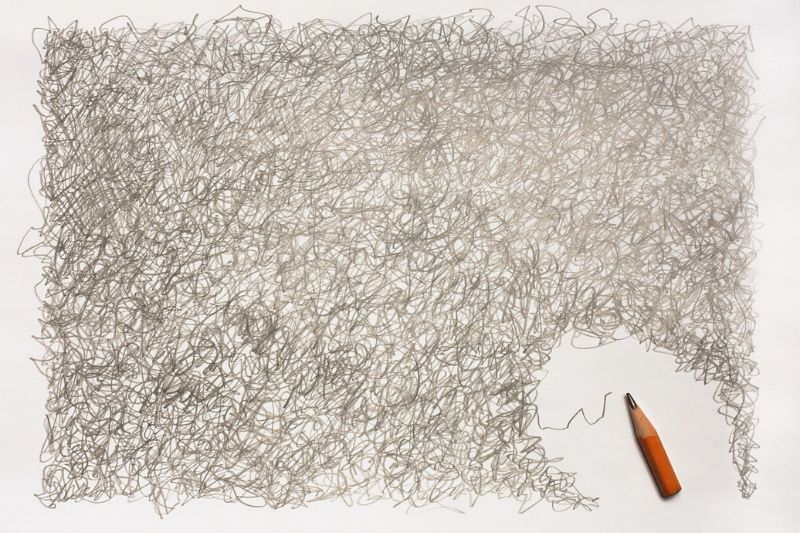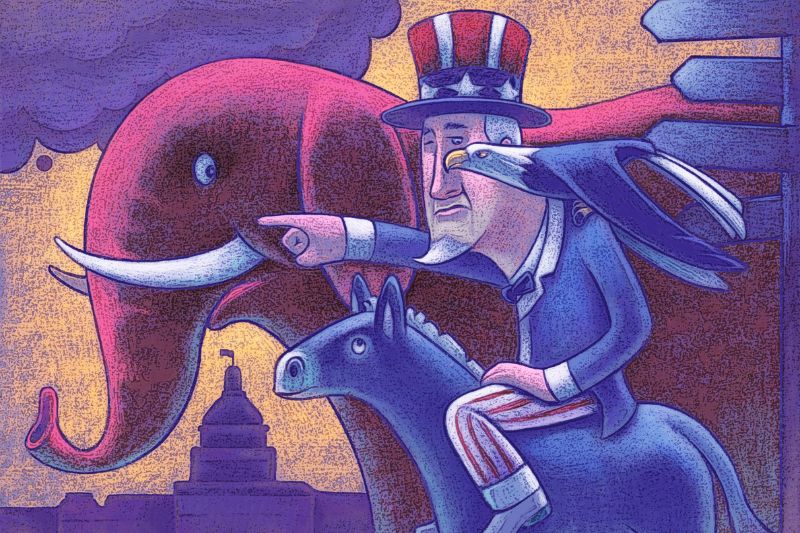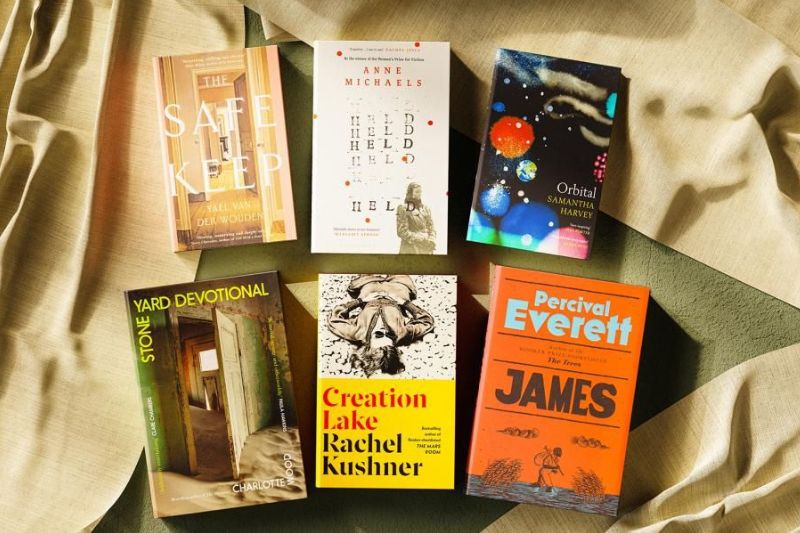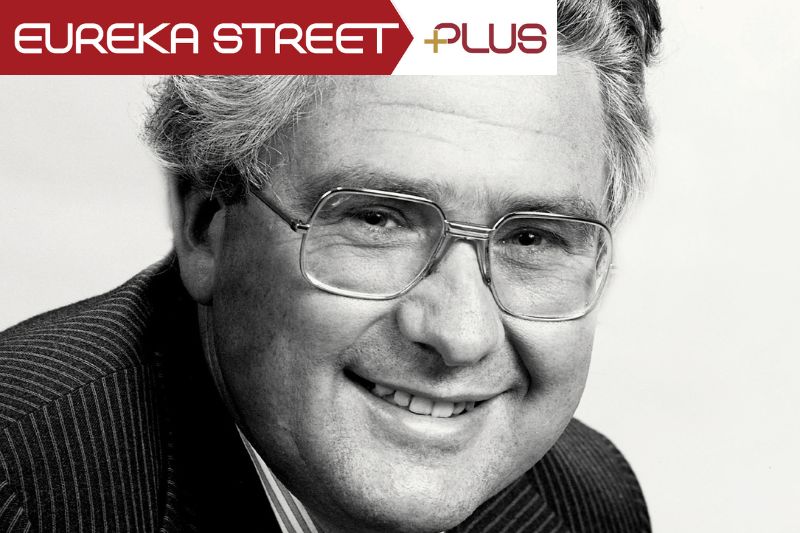Keywords: Concern Australia
There are more than 24 results, only the first 24 are displayed here.
Become a subscriber for more search results.
-

AUSTRALIA
- David Halliday, Michael McVeigh, Laura Kings, Michele Frankeni, Andrew Hamilton
- 18 December 2024
To close the year for Eureka Street, the editorial team are taking a step back to reflect on the character of 2024. What did it demand of us? What did it teach us about ourselves, and the world we inhabit?
READ MORE
-

INTERNATIONAL
- David Halliday
- 13 December 2024
In 2024, a fifth of Americans reported having no close friends, and the number is growing, especially among those without college degrees. So what are the societal structures behind this crisis in loneliness, and how we can rebuild meaningful connections?
READ MORE 
-

AUSTRALIA
- Binoy Kampmark
- 04 December 2024
In a move that’s been both lauded as necessary and criticized as overreaching, Australia has enacted legislation banning social media for users under 16, placing enforcement squarely on Big Tech. But behind the legislation lies a contentious debate: does prohibition protect, or does it merely shift the harm?
READ MORE
-

ENVIRONMENT
- David Ness
- 28 November 2024
2 Comments
As the climate crisis deepens, there's an urgent need for a global shift toward fairness, equity, and living well within our planet’s limits. Drawing from Pope Francis’s Laudato Si’, sufficiency thinking offers a critical, overlooked pathway to global equity and sustainability.
READ MORE
-

AUSTRALIA
- Michael McGirr
- 22 November 2024
3 Comments
There’s this other place that is neither heaven nor earth but which you might find in the car park of the third busiest KFC in Melbourne, waiting for your son to finish his shift. A bin beside the car is overflowing with all the packaging that comes with fast food, not to mention the remains of poor dead chooks whose life it is hard to imagine.
READ MORE 
-

INTERNATIONAL
- Barry Gittins
- 22 November 2024
1 Comment
Before the U.S. election, Don Watson predicted the electoral victory of Trump in his essay High Noon, an exploration of a divided America teetering on the edge. Dissecting the economic, racial, and cultural forces that led to a Republican landslide reveals an imperfect union at its most vulnerable.
READ MORE 
-

INTERNATIONAL
- Andrew Hamilton
- 21 November 2024
5 Comments
As Australia watches the U.S. navigate its Trump-era transition, we wait in uncertainty. Any interregnum period is a time for rethinking, for wondering about our own nation, and not just for focusing on another. It is a time to rethink what we have taken granted about what is for the good of Australian society.
READ MORE
-

RELIGION
- Michael McVeigh
- 18 November 2024
7 Comments
Religious persecution often fades from public view unless it fits a political agenda. Yet Christians worldwide continue to face existential threats, from systemic repression in China to deadly violence in Nigeria. It’s worth reflecting on the cost of indifference and what it means to advocate for justice beyond our culture wars.
READ MORE
-

ARTS AND CULTURE
- Michael McGirr
- 15 November 2024
Michelle de Kretser's new book Theory and Practice is a creative combination of fiction and essay, and concerns the moment in which the encounter with literature, a connection with another human imagination, is replaced by something called 'Theory'.
READ MORE 
-

ARTS AND CULTURE
- Gillian Bouras
- 12 November 2024
5 Comments
As the Booker Prize winner is announced, the perennial questions resurface: What does winning truly mean for writers — and for readers? As public values shift, literary prizes ignite fierce debate about artistic merit, cultural relevance, and the commercial impact of awards. Can a prize still shape the future of fiction?
READ MORE
-

AUSTRALIA
- Andrew Hamilton
- 08 November 2024
1 Comment
The story of Race Mathews’ career will be an antidote to despair about politics and politicians. It underlines the possibilities of politics, showing how it can be more than a job or a career. It can be a calling to imagine a more just society and ways of building it.
READ MORE 
-

INTERNATIONAL
- Mark Beeson
- 04 November 2024
The Doomsday Clock remains at 90 seconds to midnight, the closest it’s ever been to calamity. In addition to the atomic scientists’ original concern about nuclear war, now climate change and the possible dangers of AI are parts of a potentially combustible mix. In short, there is much to fret about for anyone paying attention.
READ MORE